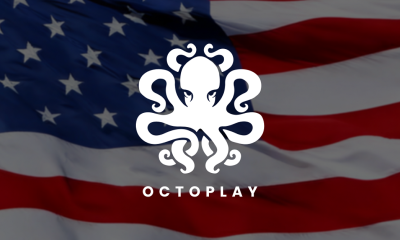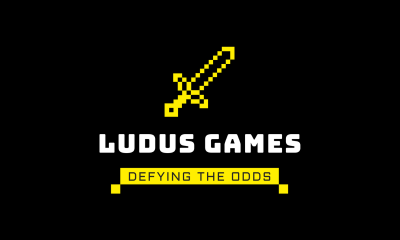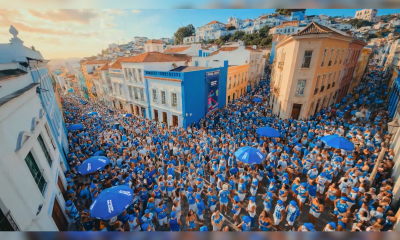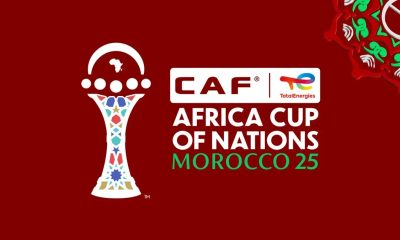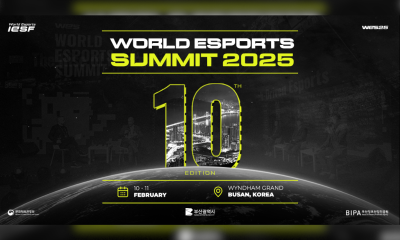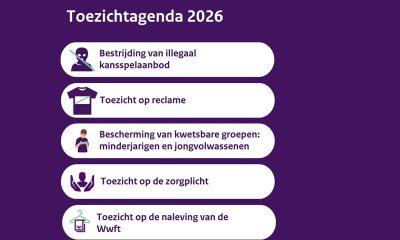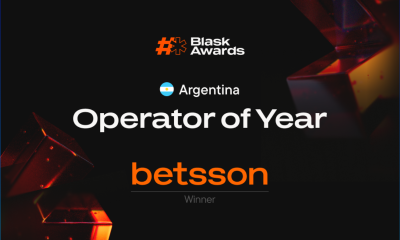Latest News
How to promote and advertise your gambling business in highly regulated markets
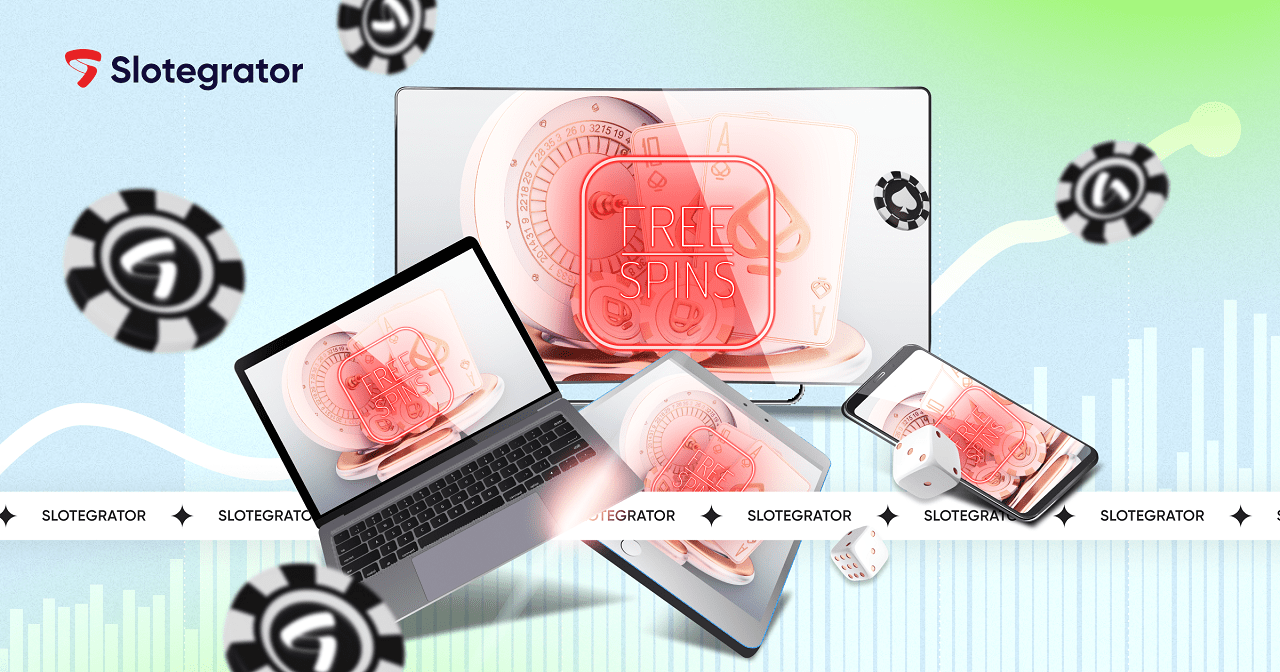
According to data from Statista, the global online gambling market is expected to be worth $107.3 billion by the end of this year, and $138.1 billion by 2028. As the industry continues to grow, so do its responsibilities — and the general trend is more advertising regulations, not fewer. Slotegrator shares key findings on this issue for those seeking to operate responsibly.
Online gambling sometimes faces severe limitations or complete bans, even in nations where land-based casinos are legal. Even outside historically conservative nations, there is a general trend toward more stringent regulation; liberal nations like Georgia and Lithuania have made substantial adjustments to tighten oversight of gaming operators and advertising strategies.
Countries throughout the EU are slowly harmonizing their gambling regulations, and CIS countries are also actively improving the regulation of the iGaming market, with special attention paid to strict regulation in the field of advertising. Governments argue that stricter advertising restrictions are not intended to stifle the growth of the industry, but rather are necessary measures for effective industry oversight.
Advertising regulations can vary dramatically from country to country depending on its legal status and cultural attitudes toward the practice. However, in most countries with a regulated gambling industry, there are some common general principles of advertising regulation:
- Prohibition of advertising to minors.
- Advertising content requirements.
- Licensing and regulation of advertising.
- Prohibition of deceptive or aggressive advertising.
You can read more about these points in a new article from Slotegrator Academy.
What are the consequences for illegal gambling advertising?
From fines and criminal charges to license revocation and asset seizure, authorities employ a range of measures to enforce compliance with advertising regulations and uphold the integrity of the gambling industry.
- Fines are one of the most common penalties for illegal gambling advertising in gambling regulated countries.
- Harsh measures like license revocation or suspension are possible.
- Criminal charges may even be brought against the individuals or organizations responsible for the illegal advertising.
- In cases of illegal gambling advertising activities, authorities can seize assets, profits, or proceeds obtained unlawfully.
Experts from CasinoRIX, Slotegrator’s media partner, comments: “When launching projects in such markets, the main task is to thoroughly study all the requirements from local regulators – whether licenses for affiliates are required and what restrictions or rules exist for operations and advertising. Then, it’s essential to constantly monitor possible changes and amendments to comply with all provisions.
It’s not enough to know which tools and traffic channels to use; for example, to promote on social networks, one needs to delve deeper into prohibitions at the legislative level and understand the social responsibility of all your actions.
Additionally, it is necessary to maintain constant communication and exchange experiences with your partners to reduce the chances of mistakes.”
Here are a few examples of how gambling advertising is regulated in different European and countries and in the Baltic region:
- In Lithuania in 2021, the government implemented a comprehensive prohibition on the promotion and advertising of gambling activities through any means, including television, banners, and external advertising channels. Additionally, the government prohibited operators from offering players incentives such as free spins or bonuses.
- In Latvia, the promotion of gambling activities is strictly regulated, with allowances limited exclusively to land-based casinos. Operators are permitted to advertise solely by displaying the name of the casino, the organizer, and the official trademark. It is also prohibited to offer participation in gambling for free, as a gift or prize.
- In Estonia operators enjoy significant freedom in advertising their gambling services, with television and free streaming platforms being particularly favored channels for promotions, often utilized during nighttime hours. This leniency extends to casinos, which have the liberty to advertise bonus offers, promotions, and their own brand without significant restrictions.
- Finland maintains a stringent stance on gambling advertising, with legislation prohibiting promotions across various mediums including radio, television, online platforms, and public spaces. The authorities maintain strict surveillance over advertising activities, particularly targeting operators lacking a local license.
- In Italy, in 2019, the government implemented a sweeping ban on all forms of gambling advertising in the country. This legislation prohibits both direct and indirect promotion of gambling services through all available information channels, including television, radio, print media, the internet, and any other public platform. Additionally, the initiative extends to banning sponsorship in soccer, prohibiting the placement of logos, merchandise, or the use of other marketing tools associated with gambling.
- In Spain, stringent regulations have been implemented to restrict almost all forms of gambling advertising, including sponsorships. The only exception is during late-night hours, from 1:00 to 5:00, where live broadcasts are permitted to feature gambling advertisements. Furthermore, welcome bonuses were prohibited starting from 2020.
- In Belgium the government took a decisive step to combat addiction and debt associated with gambling by instituting a comprehensive ban on gambling advertising across multiple platforms starting from July 1, 2023. This prohibition extends to television, radio, cinemas, magazines, newspapers, public spaces, and even online advertising on websites and social media.
- In Denmark, gambling advertising is permissible within the country’s borders, provided it does not target minors. Operators are required to highlight that gambling is primarily intended for entertainment purposes, rather than as a means of making money. Moreover, when featuring prominent individuals in their advertising campaigns, operators must refrain from conveying the notion that gambling played a significant role in their success.
- In Sweden, all forms of gambling and betting are permitted, along with advertising for them. However, under the Marketing Act, only games and lotteries licensed in Sweden are eligible for advertisement.
“One of the first items that should be on your to-do list if you want to develop working strategies for a highly regulated market is to conduct thorough market research — and your first stop is your target market’s regulatory framework. You should also analyze competitors’ marketing approaches and monitor how they navigate regulatory compliance. Seeing how other companies are innovating to market effectively while maintaining compliance could help inspire your team to develop new strategies, and in some cases provide an example of what not to do.”, comments Svetlana Kirichenko, Head of Marketing at Slotegrator.
Slotegrator is always interested in partners’ opinions on advertising in regulated markets.
Martin Calvert, Marketing Director at ICS-digital, actively followed the changes and shared his answers in a blitz interview:
Slotegrator: What do you think the tightening of the market for advertising in the iGaming industry will bring?
Martin Calvert: Hopefully a renewed focus on product and competing responsibly for the attention of players.
For some markets, operators already have a dependence on paid media and the affiliate channel – but they haven’t always worked as true partners with their affiliates.
Perhaps given their need for high quality traffic, there will be more incentive to work more collaboratively with partners in the affiliate channel.
Of course, given what we do at ICS-digital and ICS-translate, I’m always enthusiastic about the potential for organic SEO and targeted content to bring players directly in an efficient and scalable way – but not every operator is well-equipped to capitalize on this potential.
Slotegrator: Do universal rules for marketing activities in the industry exist today?
Martin Calvert: It feels like if we’re being totally honest, the range of marketing activities in the industry is enormous – some brands are at the leading edge of innovation, while others are deeply traditional.
I think the main thing is to focus on strategies that a.) fit well with your brand and b.) still deliver the results needed.
You don’t need to do everything, or mirror exactly what competitors are doing – finding your own path can bring you closer to your ideal customers.
That said, I think there are some themes that will always make marketing easier – commitment to understanding multiple audiences, using data responsibly and being both creative and practical can help keep things interesting but efficient.
Slotegrator: Is the tightening of regulation of the advertising market in the iGaming industry able to influence the formation of a responsible gaming culture?
Martin Calvert: Yes, I think sometimes having real restrictions on activities is needed to make marketing practices evolve more quickly and responsibly.
A true culture though is based around how companies decide to conduct themselves, and how they structure their activities in line with some kind of values.
For more and more iGaming companies, this is something that they’re willing to commit to, seeing themselves more like entertainment and tech brands than conventional betting brands.
Committing to responsible gaming has other advantages too – in the world of SEO, Google closely scrutinises YMYL sites i.e. ‘Your Money, Your Life’ sites with the potential to effect someone’s finances or health.
Betting brands who take a responsible approach have a better chance of staying on the right side of Google with responsible content. This is another reason why betting brands who focus on Experience, Expertise, Authority and Trust (E-E-A-T) in their content have the potential to increase rankings and traffic over time.
Slotegrator: How not to get lost in the market with all these changes?
Martin Calvert: I think the most important thing is to analyse competitors, but don’t be tempted to try and do everything they do.
More than ever there is useful and practical advice from Google and other important gateways and platforms.
Making good judgements about marketing depends on understanding your target audiences and, where possible, responding to their wants, needs and queries in an efficient and clear way.
In this respect, responsible gambling fits well with online marketing, content and SEO best practice.
ABOUT SLOTEGRATOR
Since 2012, Slotegrator has been one of the iGaming industry’s leading software and business solution providers for online casino and sportsbook operators.
The company’s main focus is software development and support for online casino platforms, as well as the integration of game content and payment systems.
The company works with licensed game developers and offers a vast portfolio of casino content: slots, live casino games, poker, virtual sports, table games, lotteries, casual games, and data feeds for betting.
Slotegrator also provides consulting services in gambling license acquisition and business incorporation.
More information: https://slotegrator.pro/
The post How to promote and advertise your gambling business in highly regulated markets appeared first on European Gaming Industry News.
Claire Osborne Managing Director of Interactive at Inspired Entertainment
Two new slots from Inspired — Coin Inferno Step ‘N’ Stack™ and Mummy It Up™
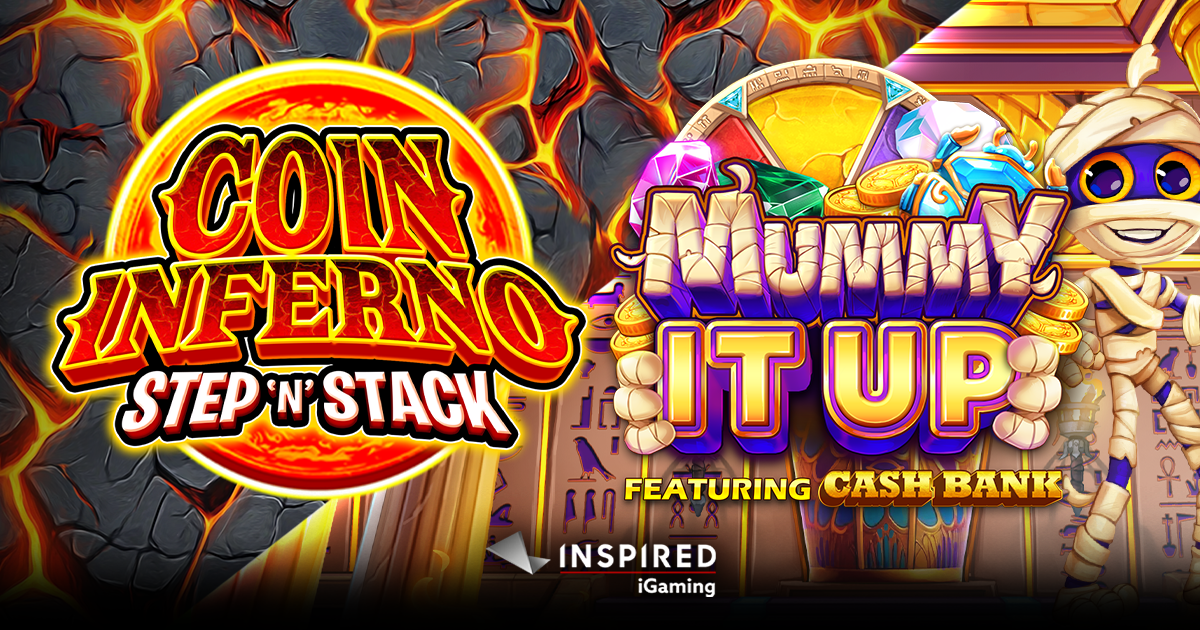
Inspired Entertainment, Inc. is thrilled to unveil the release of two entertaining online and mobile slots: Coin Inferno Step ‘N’ Stack and Mummy It Up
and Mummy It Up , in the UK and Maltese iGaming markets.
, in the UK and Maltese iGaming markets.
Inspired is excited to unveil the release of their new two slot games, broadening the popular Cash Bank series.
Coin Inferno Step ’N’ Stack introduces a fiery twist to traditional slot gameplay with a 3×3 reel setup, five heated win-lines, and casino-themed symbols amidst a background of a raging sea of flames. Central to the base game are Cash Collector symbols that gather visible cash values, generating excitement and forming a pseudo-progressive coin stack that remains on the reels, amplifying the thrill with each spin. The thrill intensifies with the Win & Spin Bonus, where locked collectors, expanding reel rows, and resettable spins merge to form an exhilarating, continually escalating chase for hot cash prizes. For gamers seeking greater control and increased volatility, Fortune Spins, Fortune Bet, Gamble, and Bonus Buy choices offer exciting opportunities to intensify the action and pursue potentially larger payouts.
Mummy It Up with Cash Bank immerses players in a realm of ancient Egyptian magnificence, showcasing glimmering gold and timeless enigma. Nestled within opulent palaces embellished with scarabs, favorable beings, and treasures fit for Pharaohs, each spin ignites a spirit of exploration and the quest for exhilarating Cash Bank victories. The game expands its well-liked Cash Collection features through Cash Bank Free Spins, pseudo-persistence Scarab collections, and a Wheel Bonus Game that can grant free spins, bonus entry, or access to one of four shining Prize Pots: Mini, Minor, Major, or Grand. The game is additionally improved with enjoyable character reel modifiers and customizable gameplay features like Fortune Spins, Fortune Bet, Bonus Buy, and Gamble choices.
Claire Osborne, Managing Director of Interactive at Inspired Entertainment, said: “Inspired is starting 2026 with strong momentum, and these two launches set the tone for the year ahead. Coin Inferno Step ’N’ Stack and Mummy It Up both deliver fun and big win excitement for players, while supporting sustained player engagement and strong performance for operators. With a roadmap packed full of exciting new content, Inspired is well positioned to drive continued growth across the iGaming landscape.”
The post Two new slots from Inspired — Coin Inferno Step ‘N’ Stack™ and Mummy It Up™ appeared first on Eastern European Gaming | Global iGaming & Tech Intelligence Hub.
ELA Games
Following ICE 2026 Triumph, ELA Games Officially Releases “Wealth of the East”
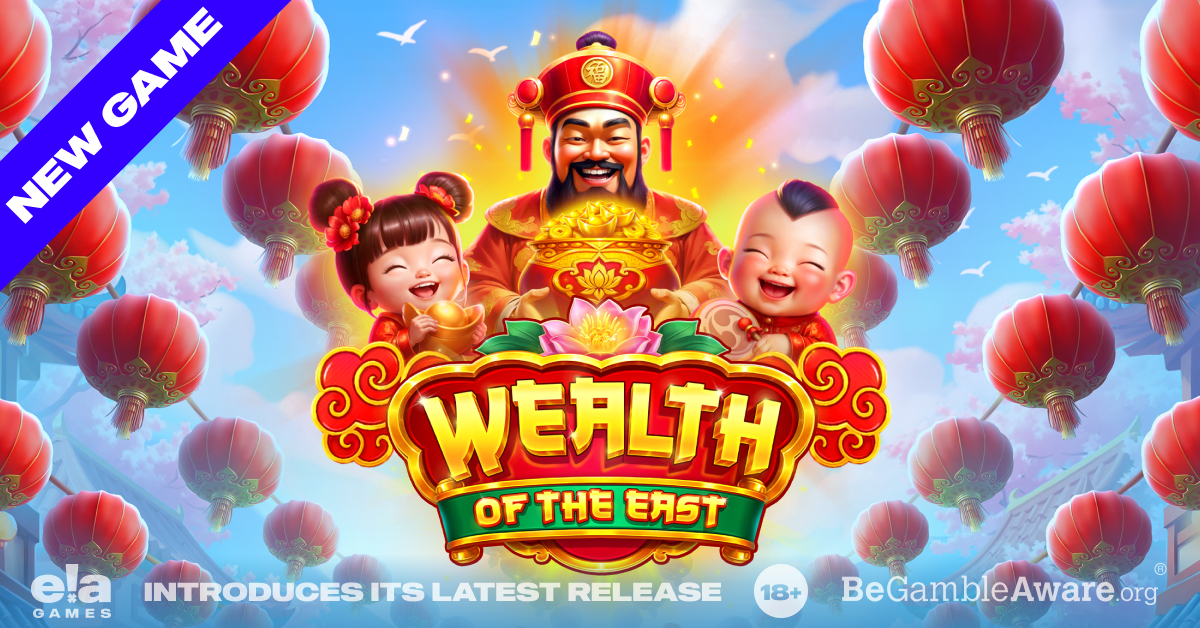
ELA Games is excited to announce the official B2B launch of Wealth of the East. The game, now accessible to partners, was initially introduced to the industry as the studio’s highlight during the three-day event in Barcelona, where it attracted the attention of numerous operators and aggregators because of its unique combination of slot mechanics and tabletop gaming.
The unique unveiling at ICE turned out to be a significant triumph, paving the way for the complete rollout. The ELA Games exhibit gathered industry representatives to engage with the game’s distinctive selling proposition: a twenty-sided Dice (D20) element that adds a tactile, physical sensation to digital slot gaming.
A Festivity of Wealth
The reels of Wealth of the East sparkle with the vibrant essence of an Eastern celebration. The gameplay is centered around the charming figure God Fu, a god of wealth serving as the Wild symbol in the game. He may arrive at any moment, and when he shows up, all Dice on the display spring to life, uncovering multipliers that enhance every coin visible or activate instant Jackpots. These empowered coins provide instant payouts, rewarding players as soon as they appear.
Sparking the Hold & Win Safe
The game showcases a visually impressive progression system crafted to uphold the festive theme and decorated with vibrant reds and golds. Every gathered coin also flies upward into the Golden Pot located above the reels, gradually enriching it with festive treasure that players can see and experience.
As the pot overflows, the screen bursts into red and gold as the Hold & Win game starts. Players receive 3 respins and a setup prepared to collect gold. In this intense feature, the elusive Imperial Lotus can appear, boosting multiple rewards simultaneously and elevating the entire round to new levels.
Game Stats:
● Reels: 5×3
● Lines: 10
● Max Win: x5,000
● Max Exposure: €250,000
● Buy Bonus: Yes
● Volatility: Mid
● RTP: 93.97% / 96.06%
Marharyta Yerina, Managing Director of ELA Games, commented: “Wealth of the East was the perfect title for us to showcase at ICE 2026. We took the classic t’Eastern Celebration’ theme and gave it a distinct twist with the God Fu character and his twenty-sided dice. It adds an original, tactile layer of excitement that players really respond to. The ‘Rising Pot’ visualizes the journey toward the bonus, keeping the excitement building spin after spin. We can’t wait for the industry to see the celebration in action.”
The post Following ICE 2026 Triumph, ELA Games Officially Releases “Wealth of the East” appeared first on Eastern European Gaming | Global iGaming & Tech Intelligence Hub.
Latest News
QTech Games add more content muscle with Reflex Gaming portfolio
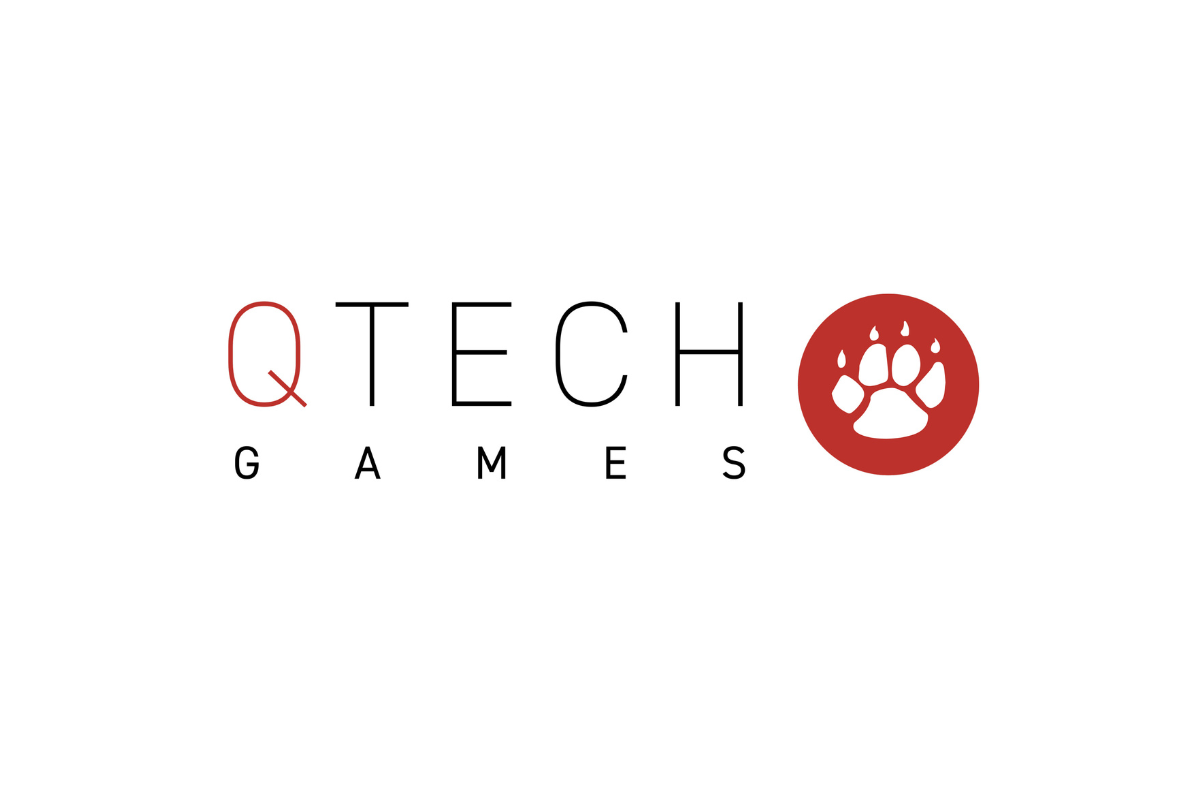
QTech Games, the leading game aggregator for all emerging markets, has signed its latest supplier partnership with Reflex Gaming, the UK’s largest independently owned omnichannel game supplier, enabling its platform customers to access the studio’s expansive slots catalogue.
Established in 2004, Reflex Gaming’s prolific production line run of legendary games has catapulted the supplier to igaming prominence and recognition, offering a diverse array of gaming experiences across both digital and analogue markets, and driving through new innovations in gaming, including the creation of entirely new gaming categories.
Reflex Gaming creates the highest quality digital gaming content for license to many of the world’s leading casino operators, as evidenced by its steady stream of recent hit titles, including Candy Crazed Pandas DoubleMax, Big Game Fishing Christmas Catch, The Cursed Idol, and 8 Balls of Fire Blazing Bounty. All of these games and more are now available via QTech’s premier platform, which is taking the widest range of online games to international markets, with established names sitting alongside the industry’s most exciting up-and-coming providers.
This collaboration naturally broadens Reflex Gaming’s international scope, unlocking untapped regions for diversified growth, above all in Africa and Latin America.
QTech Games CEO, Philip Doftvik, said: “We’re dedicated to constantly launching more and more first-class content and product innovation that drives revenue for our partners. So, this deal with Reflex Gaming extends our impressive sequential pipeline into 2026 – and we’ve so much more to come this year! In today’s marketplace, only premium games of the highest standard separate you from the crowd. So, we look forward to sharing their wide spectrum of games with both leading and challenger operator brands in emerging markets worldwide.”
Mat Ingram, Chief Product Officer at Reflex Gaming, added: “At Reflex Gaming, we pride ourselves on working with the sector’s biggest and most commercially recognised partners, and QTech Games fits our growth plan perfectly, as we continue to expand our horizons into new territories, leveraging our brand’s values which . QTech’s platform is a gateway to global audiences, so we can’t wait to see how our highly engaging games perform across a greenfield landscape of emerging markets.”
The post QTech Games add more content muscle with Reflex Gaming portfolio appeared first on Eastern European Gaming | Global iGaming & Tech Intelligence Hub.
-
Latest News6 days ago
N1 Partners Hosts the N1 Puzzle Promo Grand Final and Reveals the Helicopter Winner at iGB Affiliate 2026 in Barcelona
-

 Games Global6 days ago
Games Global6 days agoGames Global and Stormcraft Studios extend the supernatural franchise with Immortal Romance: Sarah’s Secret Power Combo
-

 Amusnet6 days ago
Amusnet6 days agoWeek 4/2026 slot games releases
-

 AFCON 20257 days ago
AFCON 20257 days agoAFCON’s month of football did not lift iGaming demand — Blask data analysis
-

 Asia7 days ago
Asia7 days agoWorld Esports Summit Celebrates Its 10th Edition in Busan
-

 affiliate marketing6 days ago
affiliate marketing6 days agoN1 Partners Hosts the N1 Puzzle Promo Grand Final and Reveals the Helicopter Winner at iGB Affiliate 2026 in Barcelona
-

 Compliance Updates6 days ago
Compliance Updates6 days agoDutch Regulator Outlines 5 Key Supervisory Priorities for 2026 Agenda
-

 BetPlay3 days ago
BetPlay3 days agoBlask Awards 2025: Betano, Caliente, BetPlay, Betsson and others define Latin America’s iGaming landscape



